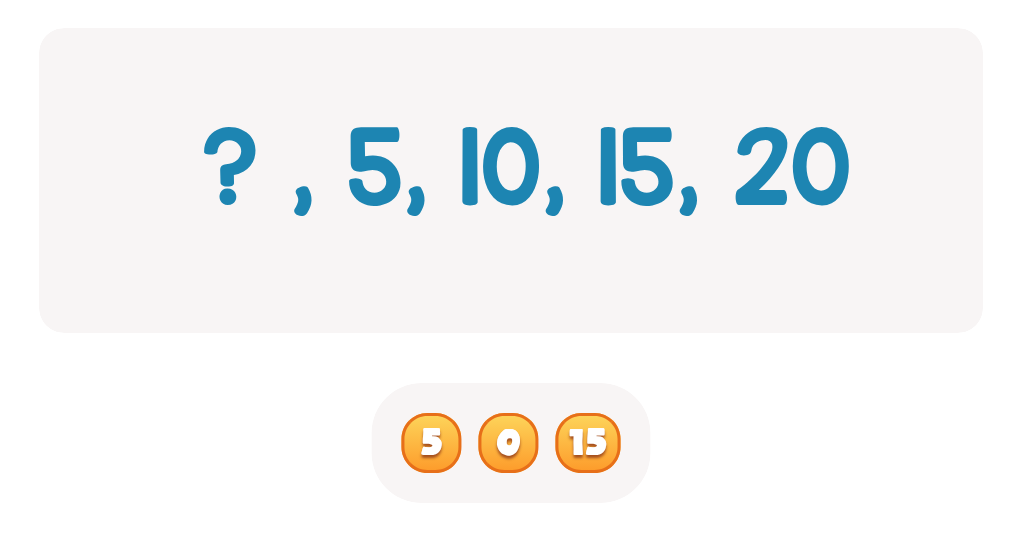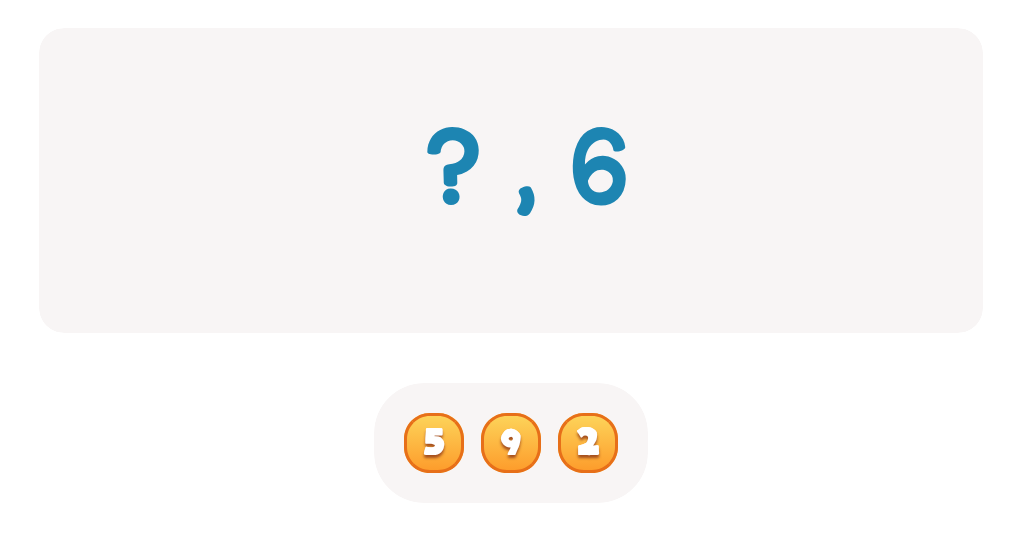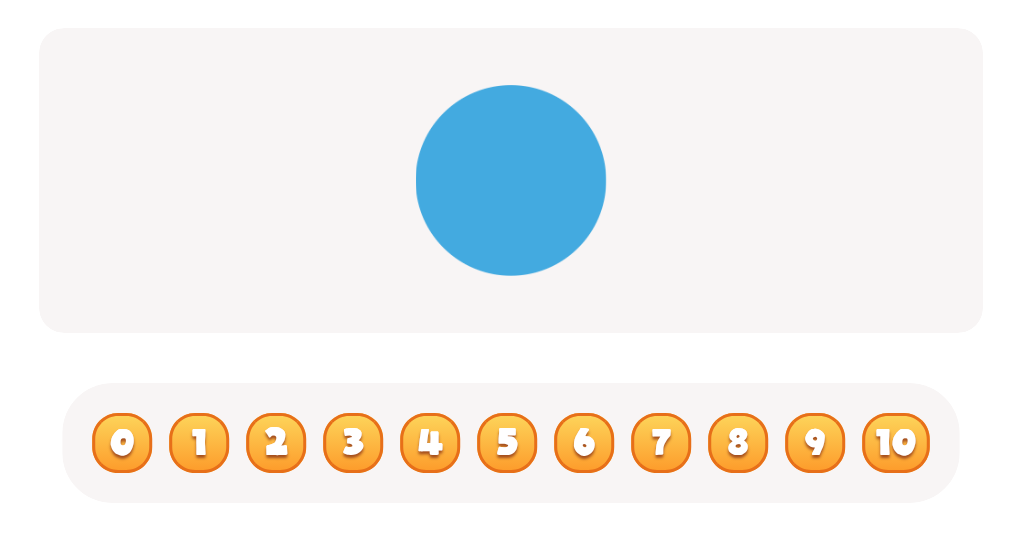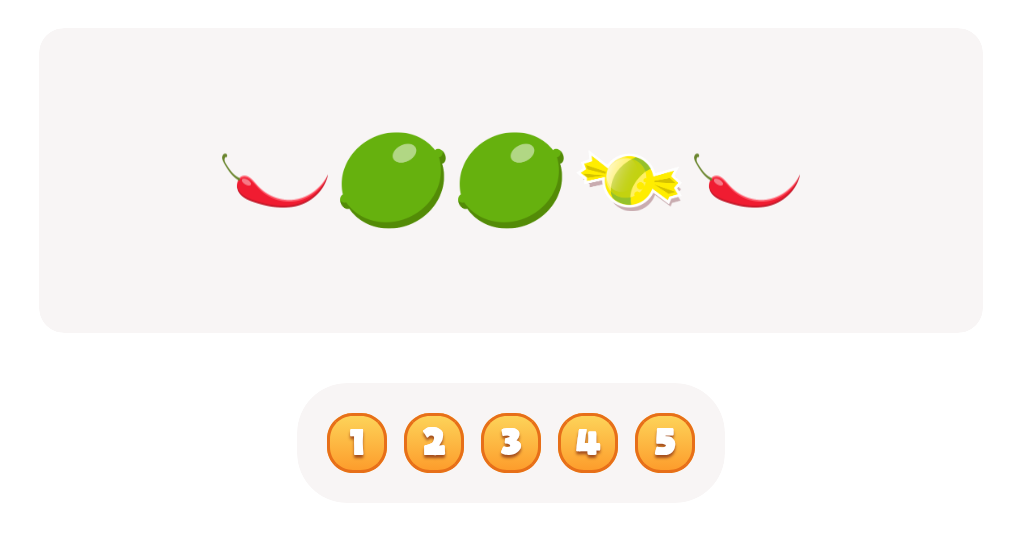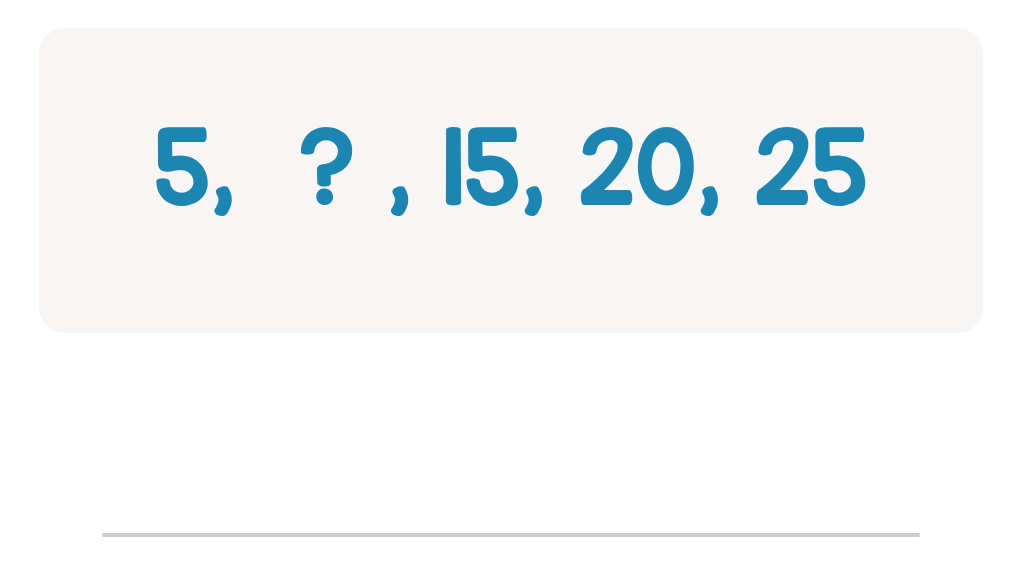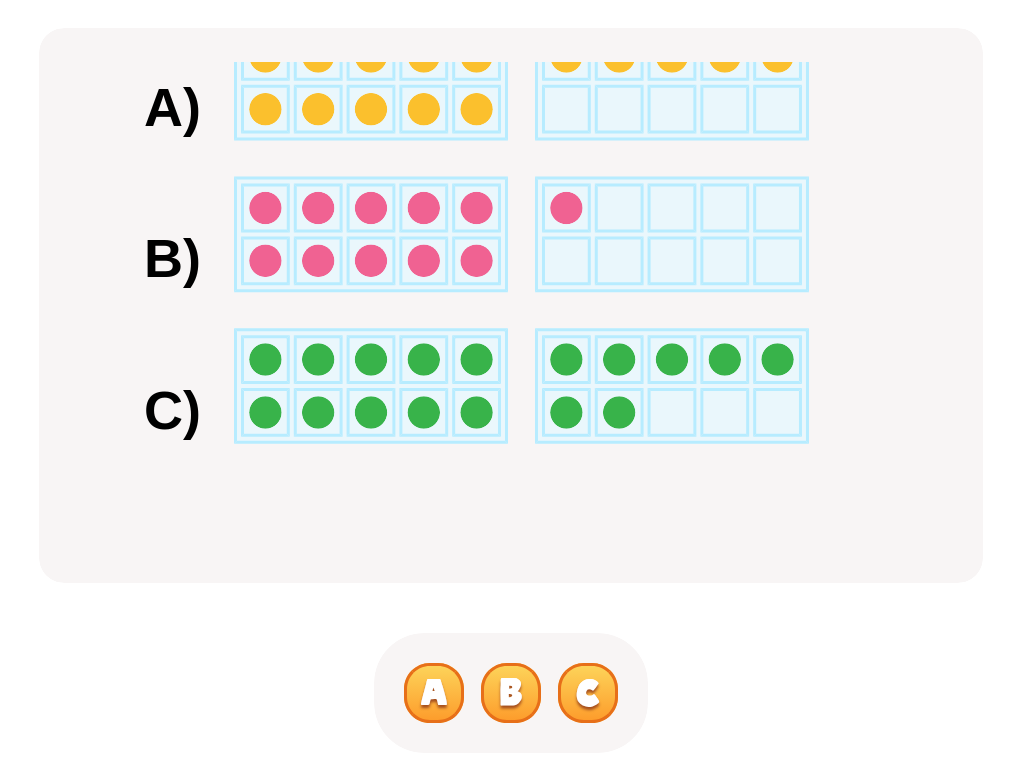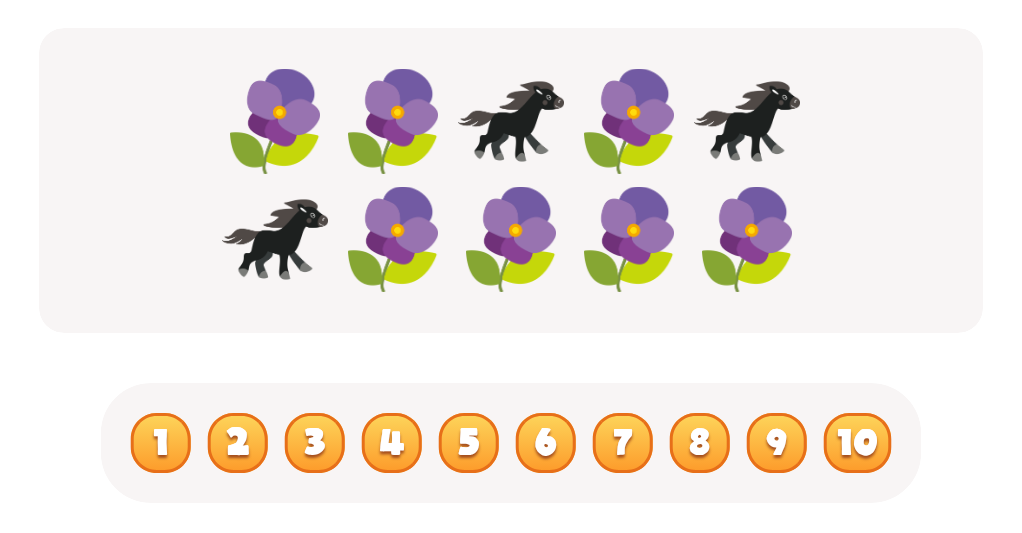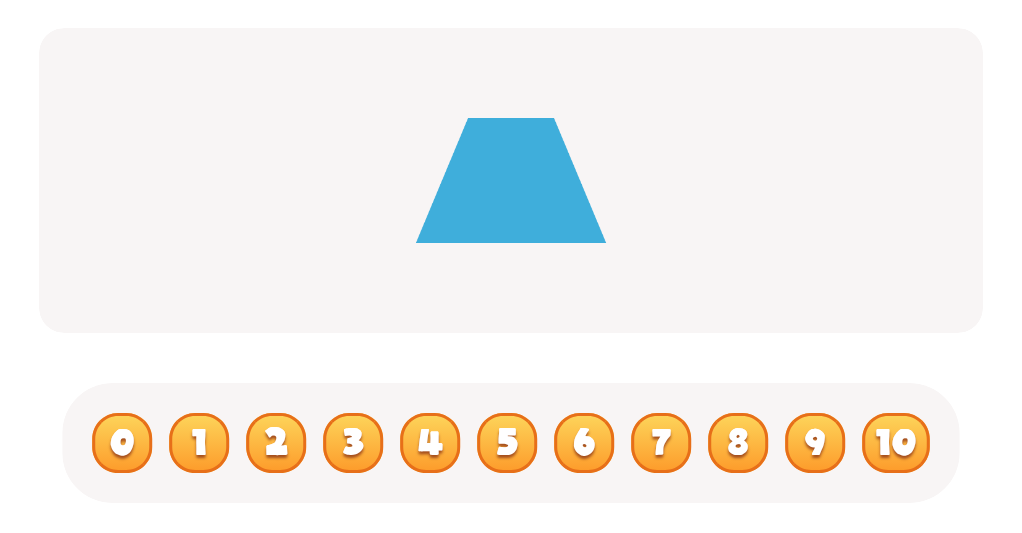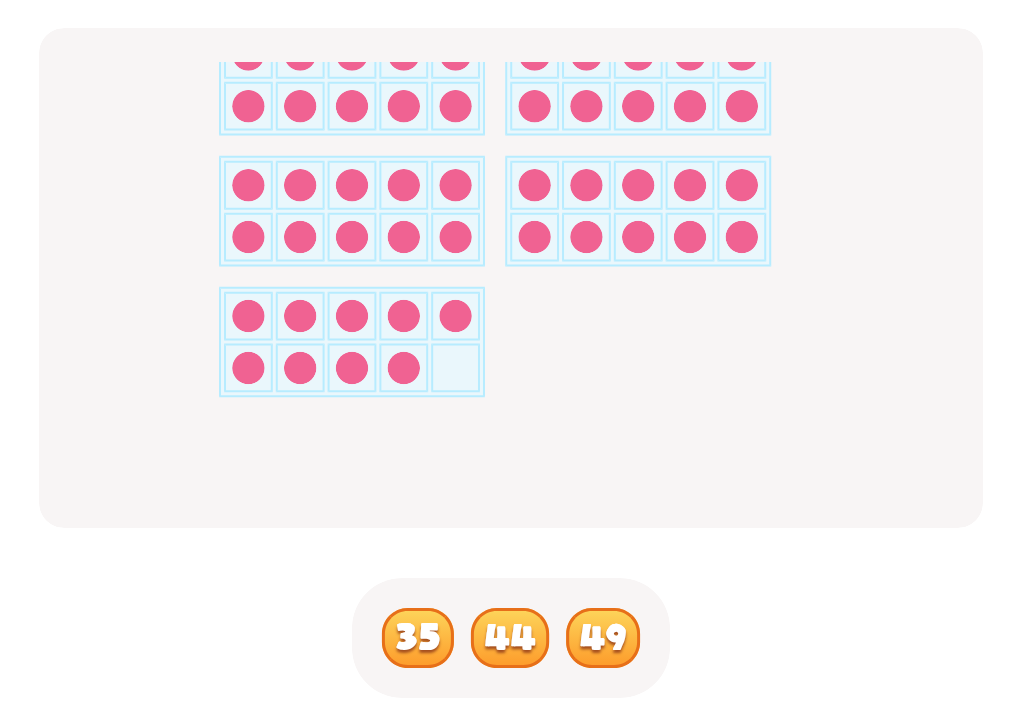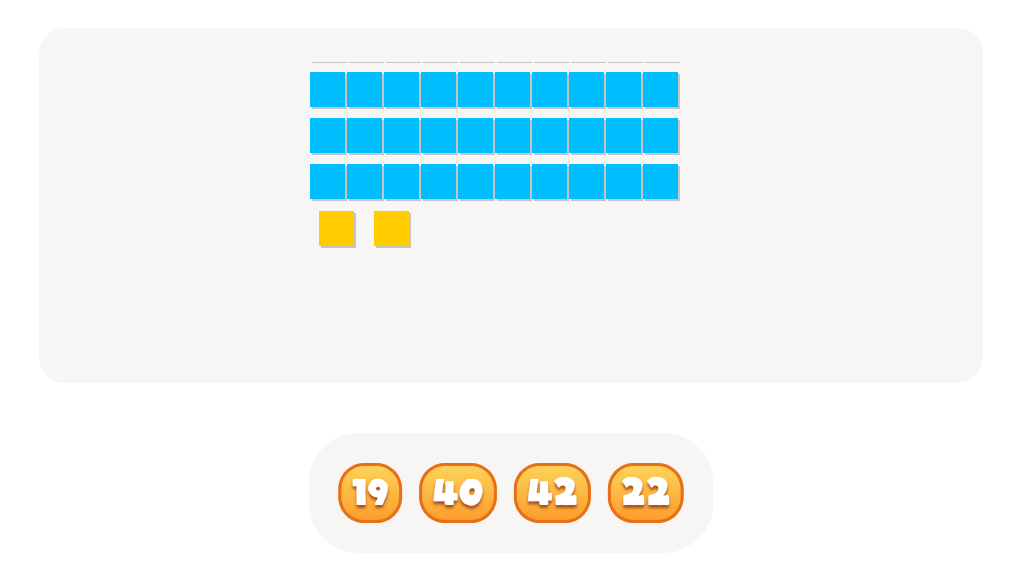Problem-Solving Skills Counting Worksheets for Ages 3-6
3 filtered results
-
From - To
Unlock your child's potential with our engaging Problem-Solving Skills Counting Worksheets for ages 3-6! Designed to foster critical thinking and enhance early math skills, these worksheets offer fun, interactive activities that challenge young learners to think creatively and solve problems. Featuring colorful illustrations and age-appropriate tasks, kids will enjoy exploring numbers while developing essential cognitive skills. From simple counting exercises to more complex scenarios, our worksheets are perfect for home or classroom use. Help your child build a strong foundation for future learning and encourage a love for math with these essential problem-solving resources! Start the journey to independent thinking today!
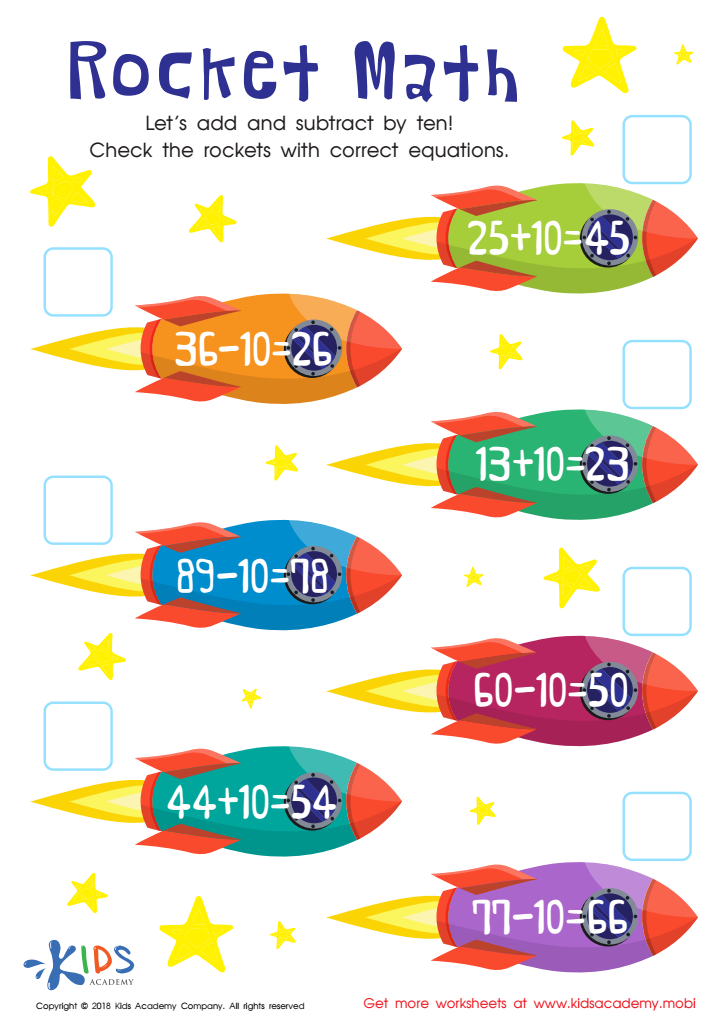

Rocket Math Worksheet
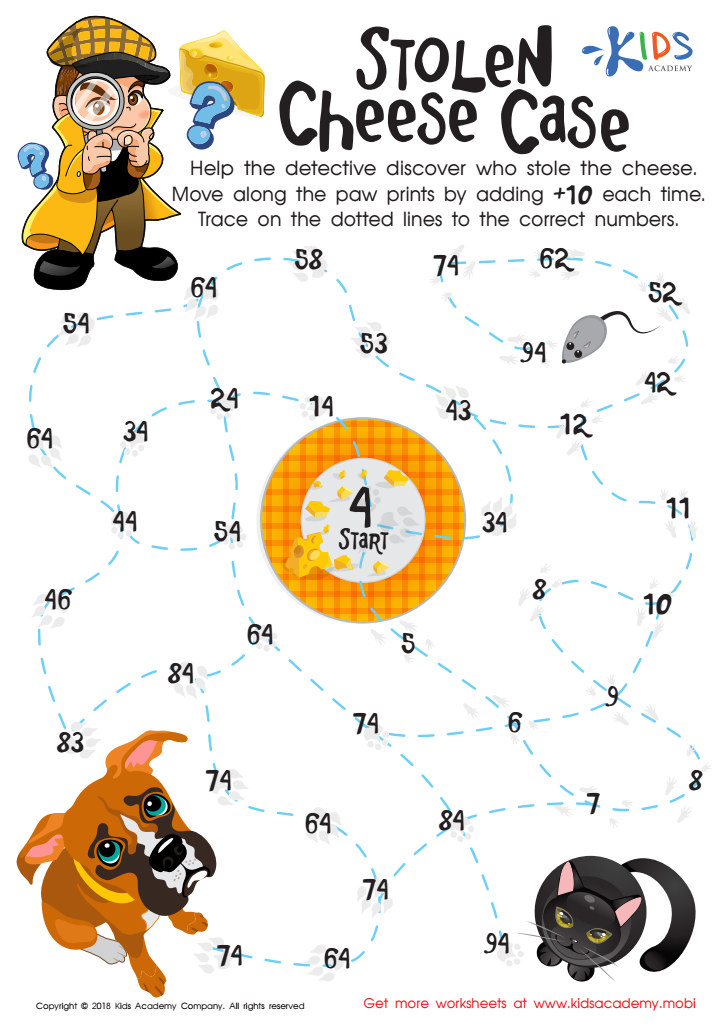

Stolen Cheese Case Maze Worksheet
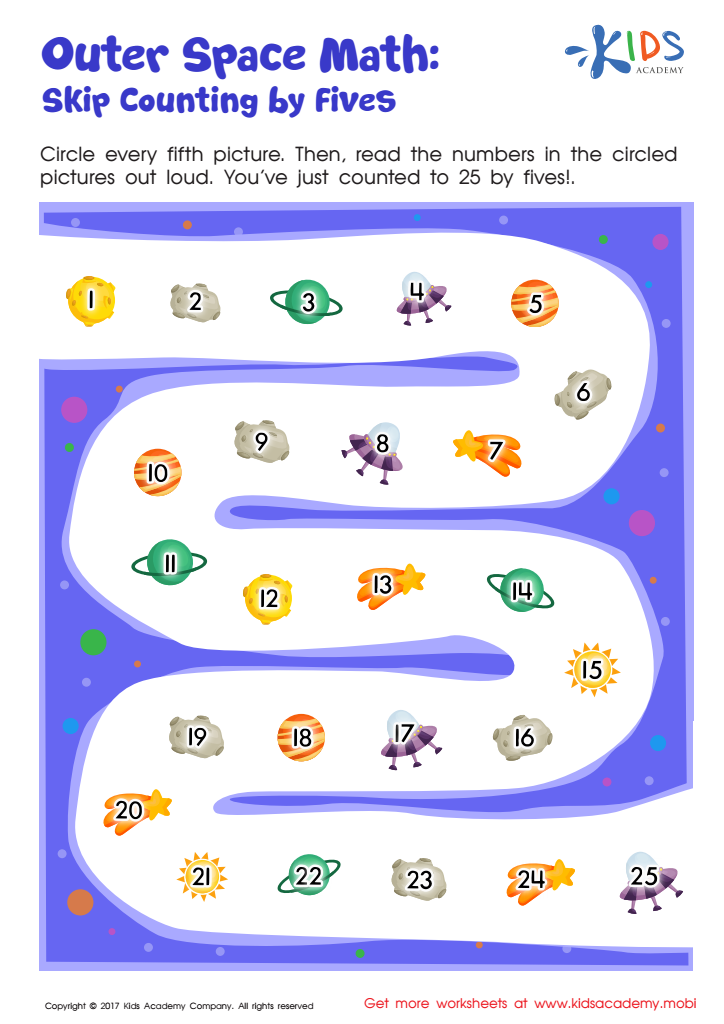

Skip Counting by 5s: Outer Space Math Printable
Problem-solving skills are essential for children's cognitive development, especially between the ages of 3-6. At this stage, children are beginning to navigate their world independently, and honing these skills lays a foundation for future learning. When parents or teachers focus on enhancing these skills through counting, they help children not only develop numerical understanding but also critical thinking and logic.
Counting is more than just memorizing numbers; it involves recognizing patterns, relationships, and quantities. By encouraging children to count objects in their environment, teachers and parents cultivate observational skills and promote active engagement with their surroundings. This hands-on approach makes learning fun and relevant, enabling children to see the practical applications of counting in daily life.
Furthermore, developing problem-solving skills through counting helps children learn how to approach challenges methodically. They begin to understand the trial-and-error process, develop perseverance, and learn from their mistakes—skills that are invaluable in both academic settings and life. By prioritizing problem-solving activities that incorporate counting, caregivers instill an early appreciation for mathematics, enhance social interaction during group activities, and prepare children for future academic and real-world challenges. This investment in foundational skills ultimately contributes to their overall growth and success.
 Assign to My Students
Assign to My Students
